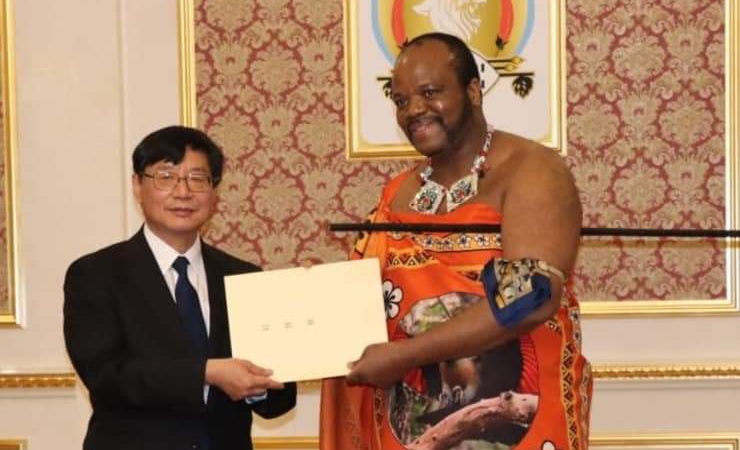Japan pledges E22 million to support Eswatini’s orphans and vulnerable children

The Government of Japan has extended a generous grant of US$1.3 million (approximately E22,899,240) to bolster nutritional support for Orphans and Vulnerable Children (OVCs) in Eswatini.
The funds, channelled through the World Food Programme (WFP), will help feed children at Neighbourhood Care Points (NCPs), according to the Ministry of Economic Planning and Development.
Announcing the grant during the 2nd Quarter Performance Report, Minister Dr. Tambo Gina highlighted the critical impact of this aid in addressing food insecurity among Eswatini’s most vulnerable children.
In a country of 1.1 million people, nearly half are considered vulnerable, with over 200,000 classified as orphans.
“This grant is a testament to the strong partnership between Eswatini and the Government of Japan.
It reflects our commitment to ensuring that no child is left behind, especially those in the most challenging circumstances,” stated Minister Gina.
The ongoing economic challenges faced by families have exacerbated poverty and food insecurity, making this contribution particularly timely.
The Japanese government’s support not only addresses immediate hunger but also promotes long-term health and well-being within affected communities.
Funds from the grant are being utilized by WFP-Eswatini to strengthen food security for children in NCPs, which serve as crucial hubs for care and support.
Targeted feeding initiatives aim to enhance nutrition, reduce poverty’s impact, and foster hope for a brighter future among Eswatini’s youth.
“This partnership exemplifies the collaborative spirit necessary to address poverty and hunger on a global scale,” Minister Gina said, expressing his appreciation for Japan’s unwavering dedication to improving the lives of vulnerable children.
Local communities and stakeholders have been urged to support and participate actively in the WFP project, which aligns with Eswatini’s goals of poverty eradication and social protection.
This contribution from Japan underscores the power of international collaboration in building sustainable solutions and bringing renewed hope to those in need.
About The Author
dailymailafric
I am an avid African news observer, and an active member of Daily Mail Africa.
I’m Passionate about staying informed on diverse topics across the continent,
I actively contribute to publishing on political, economic and cultural developments in Africa.



